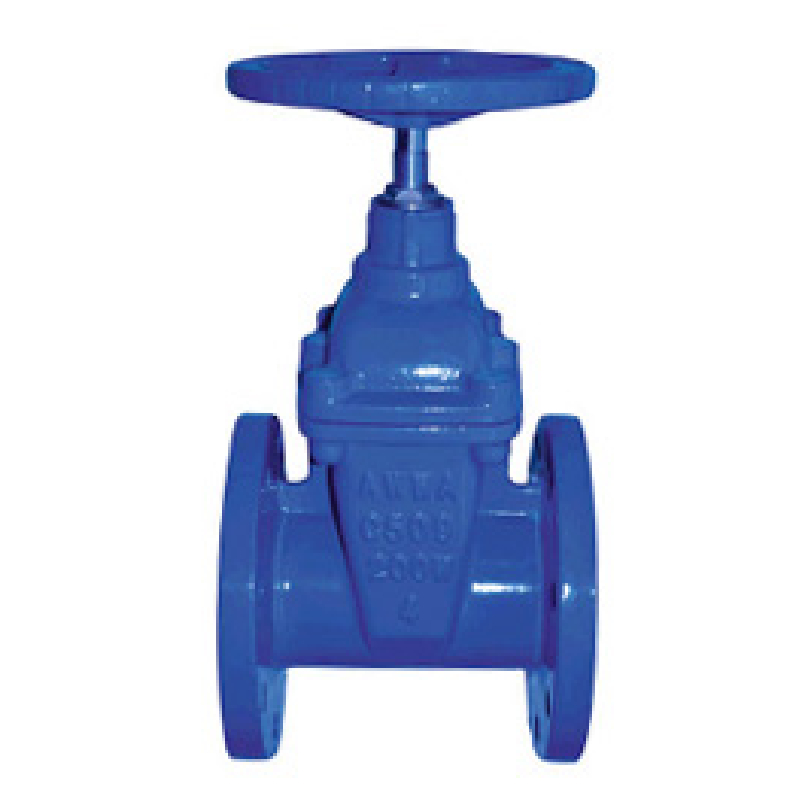Sep . 30, 2024 16:28 Back to list
Durable Stainless Steel Ball Valves for Reliable Flow Control Solutions
The Essential Guide to Stainless Steel Ball Valves
In the realm of industrial and commercial fluid control, stainless steel ball valves play a critical role in ensuring smooth and reliable operation. These valves are favored for their durability, corrosion resistance, and excellent sealing capabilities. This article will explore the features, advantages, applications, and maintenance of stainless steel ball valves, providing a comprehensive understanding of their essential role in various systems.
What is a Stainless Steel Ball Valve?
A stainless steel ball valve is a type of quarter-turn valve that uses a hollow, perforated, and pivoting ball to control fluid flow. When the ball's hole is aligned with the flow direction, the valve is open; when it is perpendicular, the valve is closed. The ball itself is typically made of stainless steel, which provides various advantages over other materials, especially in environments where corrosion resistance is imperative.
Features of Stainless Steel Ball Valves
1. Corrosion Resistance The primary benefit of stainless steel is its superior resistance to rust and corrosion, making it suitable for applications in harsh environments, including chemical processing and water treatment.
2. Durability Stainless steel ball valves are robust and can withstand high pressure and temperature, which extends their lifespan compared to other types of valves.
3. Low Torque Operation These valves require minimal effort to operate, allowing for easy installation and maintenance.
4. Quick Operation The quarter-turn mechanism facilitates rapid opening and closing, which is vital in many process applications.
5. Versatile Design Stainless steel ball valves come in various sizes, configurations, and end connections, making them applicable in numerous industries.
Advantages of Using Stainless Steel Ball Valves
1. Sealing Performance Ball valves offer excellent sealing capabilities, providing a reliable shut-off that prevents leaks in critical systems.
3. Maintenance Stainless steel ball valves generally require less maintenance due to their robust construction and fewer moving parts, translating into lower operational costs over time.
4. Environmentally Friendly Their durability and efficiency reduce the need for replacements, lowering material waste and contributing to sustainable practices.
5. Wide Temperature Range These valves can operate effectively in various temperatures, making them suitable for applications ranging from cryogenic to high-temperature steam.
stainless steel ball valve

Applications of Stainless Steel Ball Valves
Stainless steel ball valves are utilized across a diverse array of industries, including
- Chemical Processing These valves can handle aggressive chemicals and corrosive fluids, ensuring safety and reliability in processing plants.
- Oil and Gas They are essential in upstream and downstream applications, providing reliable shut-off in pipelines and refineries.
- Water and Wastewater Treatment The corrosion resistance of stainless steel makes these valves ideal for controlling water flows and managing treatment processes.
- HVAC Systems Ball valves play a crucial role in heating, ventilation, and air conditioning systems, helping to regulate flow and control temperatures efficiently.
- Food and Beverage Industry Their ease of cleaning and resistance to bacteria make stainless steel ball valves a preferred choice in food processing applications.
Maintenance Tips
To ensure longevity and optimal performance of stainless steel ball valves, consider the following maintenance tips
1. Regular Inspections Check for signs of wear, corrosion, or leakage, which can indicate the need for repairs or replacements.
2. Cleanliness Keep the valves and surrounding areas clean to prevent contamination.
3. Lubrication Ensure that the valve stem is adequately lubricated to facilitate smooth operation.
4. Proper Installation Follow manufacturer guidelines during installation to avoid stress on the valve, which could lead to premature failure.
5. Temperature Control Monitor and manage the working temperature to avoid exceeding the valve's rated limits.
Conclusion
Stainless steel ball valves are an indispensable component of modern fluid control systems. Their unique properties, including excellent corrosion resistance, durability, and efficiency, make them ideal for a wide range of applications. Understanding their features, advantages, and applications allows industries to make informed decisions that enhance operational efficiency and safety. By following proper maintenance practices, users can ensure the long-lasting performance of these essential components in their operations.
Share
-
Reliable Wafer Type Butterfly Valves for Every IndustryNewsJul.25,2025
-
Reliable Flow Control Begins with the Right Ball Check ValveNewsJul.25,2025
-
Precision Flow Control Starts with Quality ValvesNewsJul.25,2025
-
Industrial Flow Control ReliabilityNewsJul.25,2025
-
Engineered for Efficiency Gate Valves That Power Industrial PerformanceNewsJul.25,2025
-
Empowering Infrastructure Through Quality ManufacturingNewsJul.25,2025